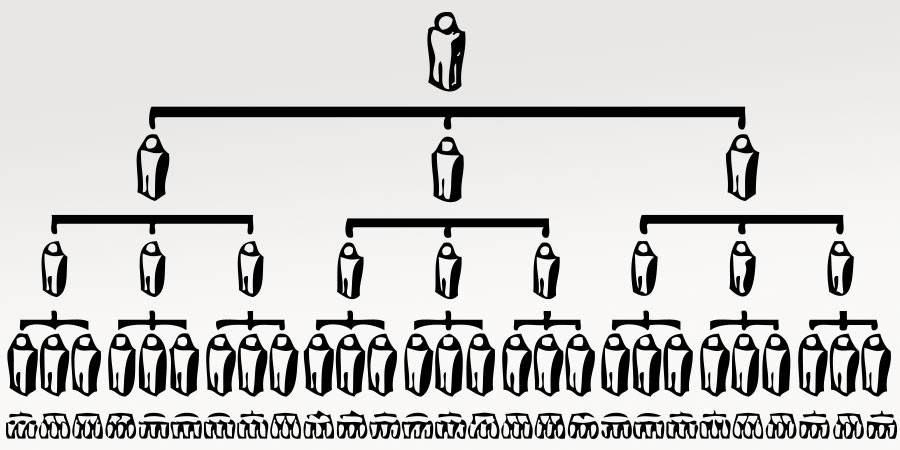In Indonesia almost everyone is an entrepreneur in some scale. Because of that MLM companies have done very well in Indonesia. And many more are looking to enter the market.
But many of them are doing it the wrong way – without the correct license – and the government is investigating it harder than ever before.
Here is screenshot from Indonesia Investment Coordinating Board (BKPM) website. Taken onApril 21, 2014 from bkpm.go.id:

SIUPL: Correct license for conduct direct selling (MLM) activities
Before applying for the license to run direct sales activities –SIUPL – you need to incorporate a company in Indonesia first. Note that this type of activity is in the negative investment list and maximum foreign ownership is 95%.
Once the incorporation is done, there are two types of SIUPL licenses:
- Temporary SIUPL license
- Permanent SIUPL license
Temporary SIUPL license
All companies applying for SIUPL must present in front of BKPM their market plan and company’s Code of Ethics. Besides BKPM there will be also representatives from Direktorat Bina Usaha Kemendag, Asosiasi Penjualan Langsung Indonesia/Indonesian Direct Selling Association (APLI) at the meeting.
The requirements for qualifying for SIUPL are the following:
- Principal License from BKPM mentioning Direct Selling as business classification
- Other administrative documents issued during company incorporation such as: Article of Association, Ministry of Law and Human Rights approval, Tax card, Certificate of Domicile, and Business Registry/TDP
- Recommendation Letter (provided after a presentation at BKPM has successfully held)
- Product Registration from ministry of trade (depends on the type of products)
- Letter of Appointment or Cooperation (if company sourced their products from other distributors or suppliers)
- Office rent agreement for at least one year
- IMTA/ Working permit for foreign Director
- Business Partner compensation Plan, company’s Code of Ethic and company’s regulation, which should be provided in Bahasa Indonesia
- Latest Investment Realization report (LKPM), mentioning the full investment plan already realized
Temporary SIUPL will be granted for one year. After that the company can apply for a permanent SIUPL which is valid for 5 years.
Getting permanent SIUPL
Permanent SIUPL has the same requirements as temporary SIUPL and additionally you need to show your temporary SIUPL and company’s financial statement.
How to succeed in SIUPL presentation?
MLM is an industry that has seen all kind of players over the years – many of them shady. Therefore the government wants to ensure that every newcomer is coming with a solid and ethical plan and good products.
Here are the following aspects that are tracked during the interview:
- Sell goods and or services through a valid business networks
- Have a marketing plan that is clear, transparent, rational and not in the form of forbidden marketing scheme
- Have a code of ethics and company regulation which are applicable in a Direct Selling business
- Have clear goods and or service with a adequate and reasonable procedure
- Comply with the quality standards of goods and or services
- Giving commission, bonuses, or other rewards with the business partner or its networks as promised
- Giving right, clear, and honest information about the products
- Have a clear regulation about the price of products and services to the business partner and its customers
- Guarantee the quality and after sales service to consumers
- Provide starter kit for the business partners
There are many more aspects based on the particular products you are going to sell. Contact our consultant to discuss your particular case.
What should be included in company’s Code of Ethics?
As we’ve mentioned several times – ethics is a strong consideration for getting a direct selling license. Here’s what should be included to your company’s Code of Ethics:
- requirements to become a business partner;
- the rights and obligations of the parties;
- coaching programs, training assistance, and facilities given by the company, and / or marketing network to business partners;
- term of agreement;
- termination and extension of the agreement;
- buy-back guarantee;
- compensation for goods and / or services which are not in accordance with the quality and products type mentioned in the agreement;
- provisions on the granting commissions, bonuses, and awards other; and
- dispute resolution.
Featured image uses illustration from here. This article is intellectual property of PT. Emerhub. Please add backlink when quoting this article.


